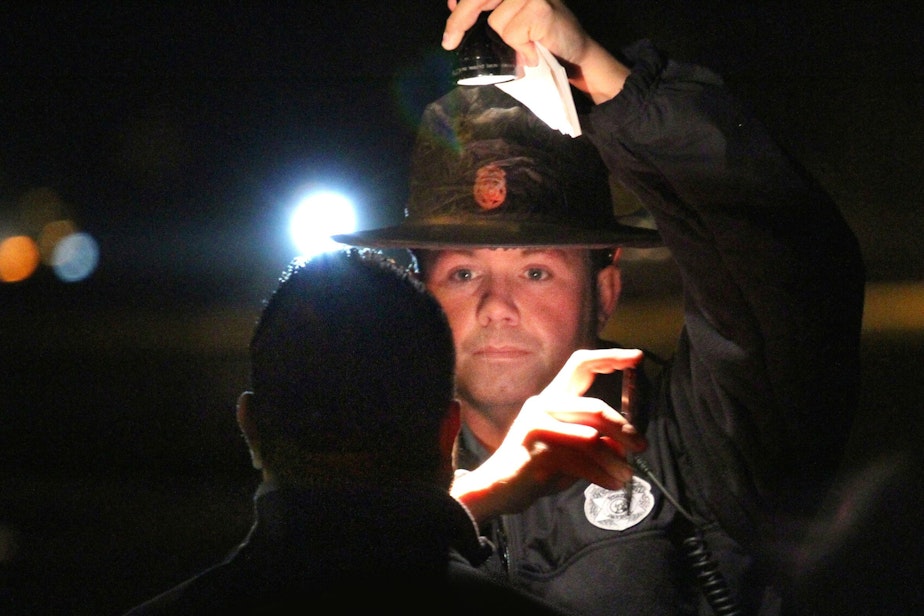State senator proposes lowering WA’s blood alcohol limit to .05

Washington state's drunk driving laws put the blood alcohol limit at .08, meaning if you're caught behind the wheel with a BAC of .08, you are legally driving under the influence.
But one lawmaker wants to lower the limit and is promoting legislation to make it happen.
The number of deadly crashes has been steadily rising in Washington. They've increased 43% over a decade ago; 2021 was the deadliest year on the road in the past 15 years.
Washington's .08 BAC limit (blood alcohol concentration) is the same as every state except Utah where the limit is .05. That's a level that lawmakers like Sen. John Lovick (D) would like to see in Washington. He is cosponsoring a bill to make the .05 limit the state law.
Lovick represents the 44th Legislative District, which covers Mill Creek, Lake Stevens, and Marysville. He’s also the former Snohomish County Executive and Sheriff, and a former state trooper. From that experience, he told KUOW’s Kim Malcolm that lowering the blood alcohol limit will save lives.
This interview has been edited for clarity.
John Lovick: I'll start by saying I like what I'm seeing in Utah. Utah lowered the level to .05. I think they reduced drunk driving deaths by 20%. That's a lot of people who are still alive, mothers, fathers, cousins, nephews that are still alive because they lowered the level.
Kim Malcolm: Do you think that if the blood alcohol limit were dropped to .05 it would actually impact people's behavior, that it might act as a deterrent?
I believe it would. When I work on legislation, I think about: education, legislation, and enforcement. We would put a huge education piece in there where we would tell people the BAC level is now .05., and then we go with a huge enforcement piece, but we have to do something. The bottom line is that you shouldn't have to die because you're trying to get from one place to another in our state.
If this does become a law, how concerned are you that there will be a gap in education, that people will drink what they think is a safe amount, that they won't feel intoxicated, and yet still be subjected to arrest?
The bottom line is when we went from .1 to .08 I think it helped save lives. I think we're going to have the opportunity to save more lives going to .05. It's going to have to come down to personal responsibility. We need to take personal responsibility for our actions. What we do matters. When you're driving that car with that much alcohol in your system, it's going to matter to other people on the road.
You served as a sheriff and as a state trooper. Is there one case in particular that stands out for you that you think could have been prevented?
There are so many. I went to a collision where four kids were killed by a drunk driver many years ago. I still think about that all the time. I think about that family. I think about having to go and make the death notification. Those things just stay with you forever. You’re almost haunted by them. I always tell people, these collisions are preventable. That's the message we have to get across every day. Drunk driving collisions are preventable. They're not accidents. They're collisions.
Sponsored
Listen to the interview by clicking the play button above.





